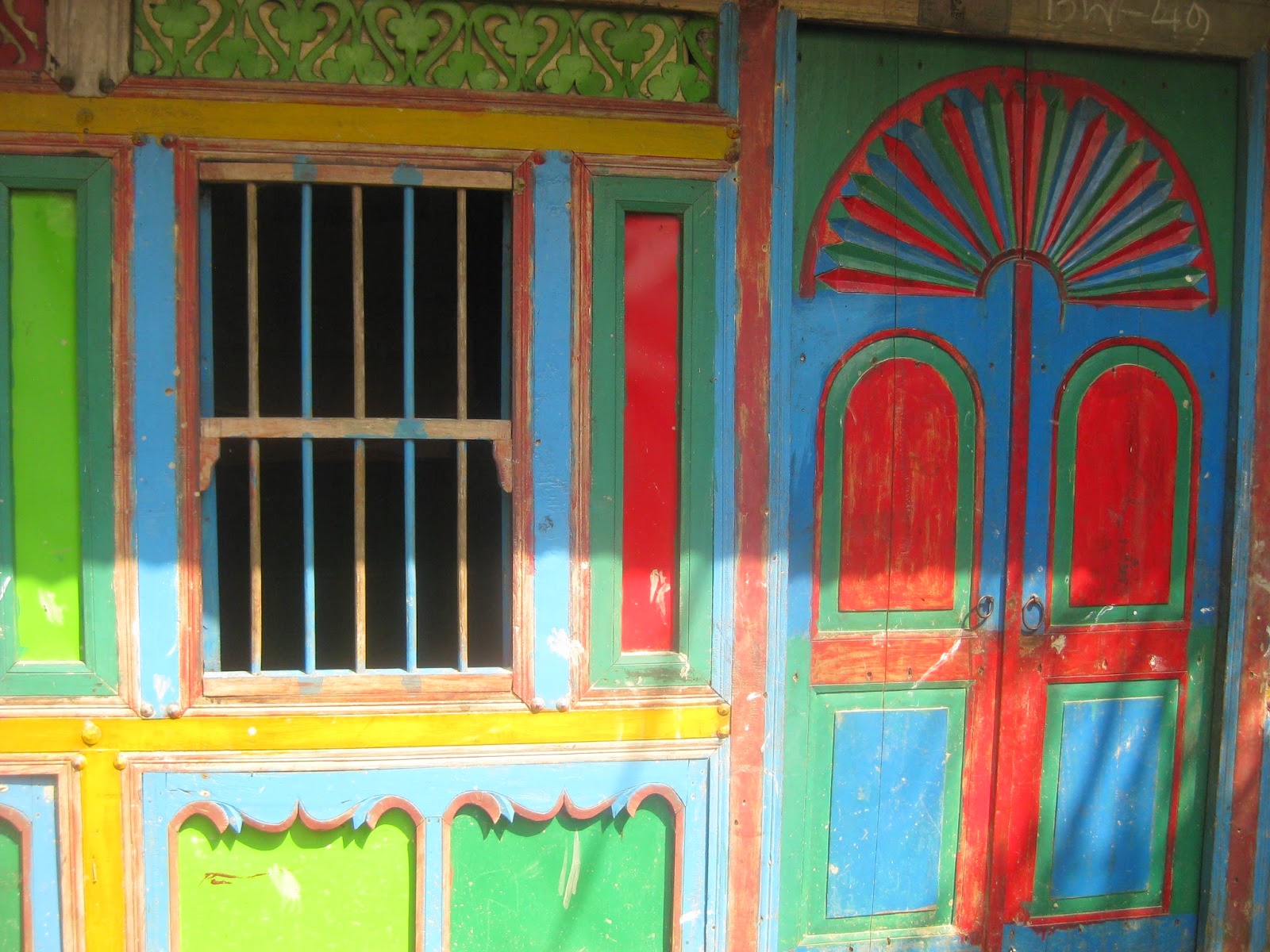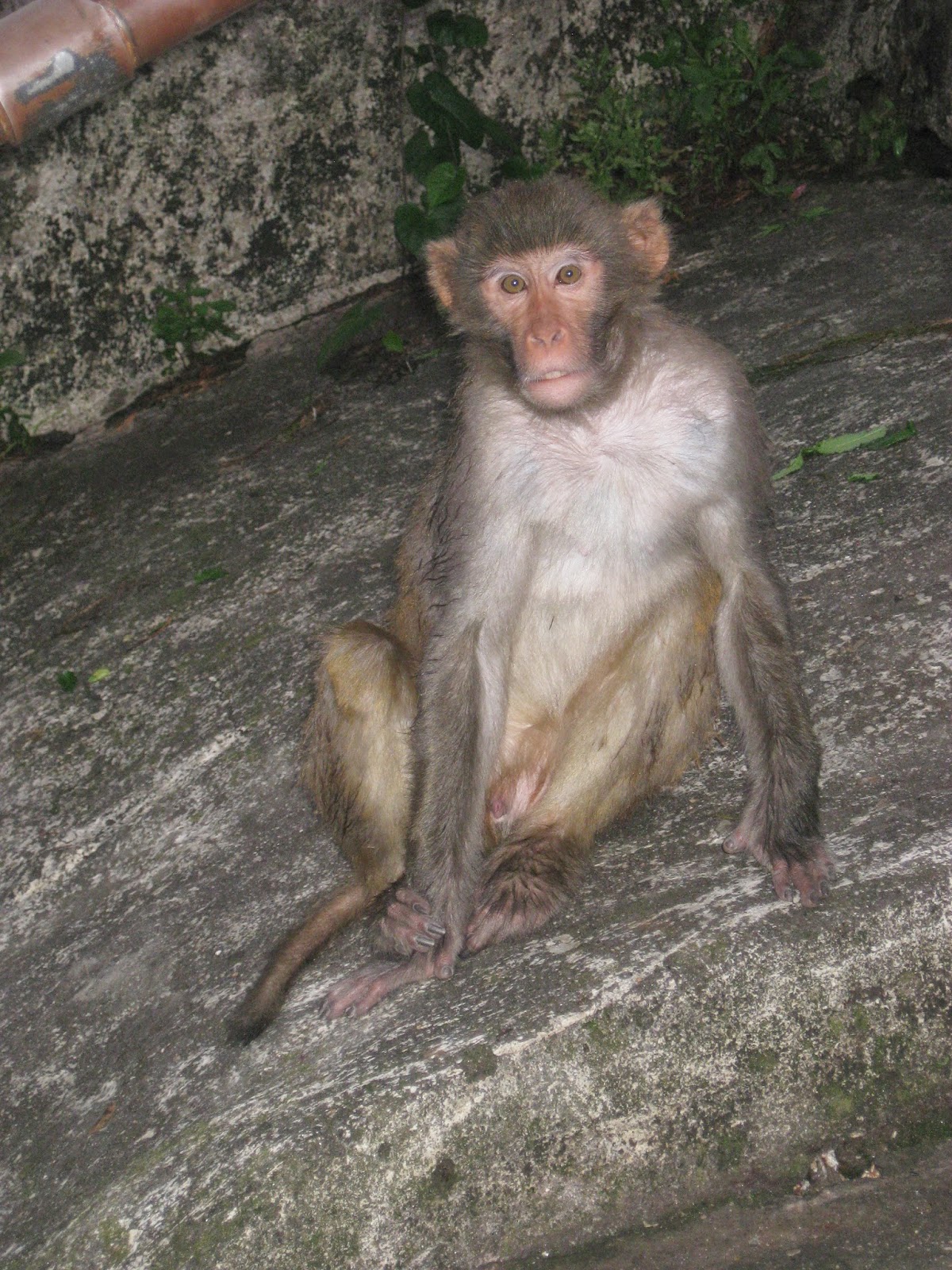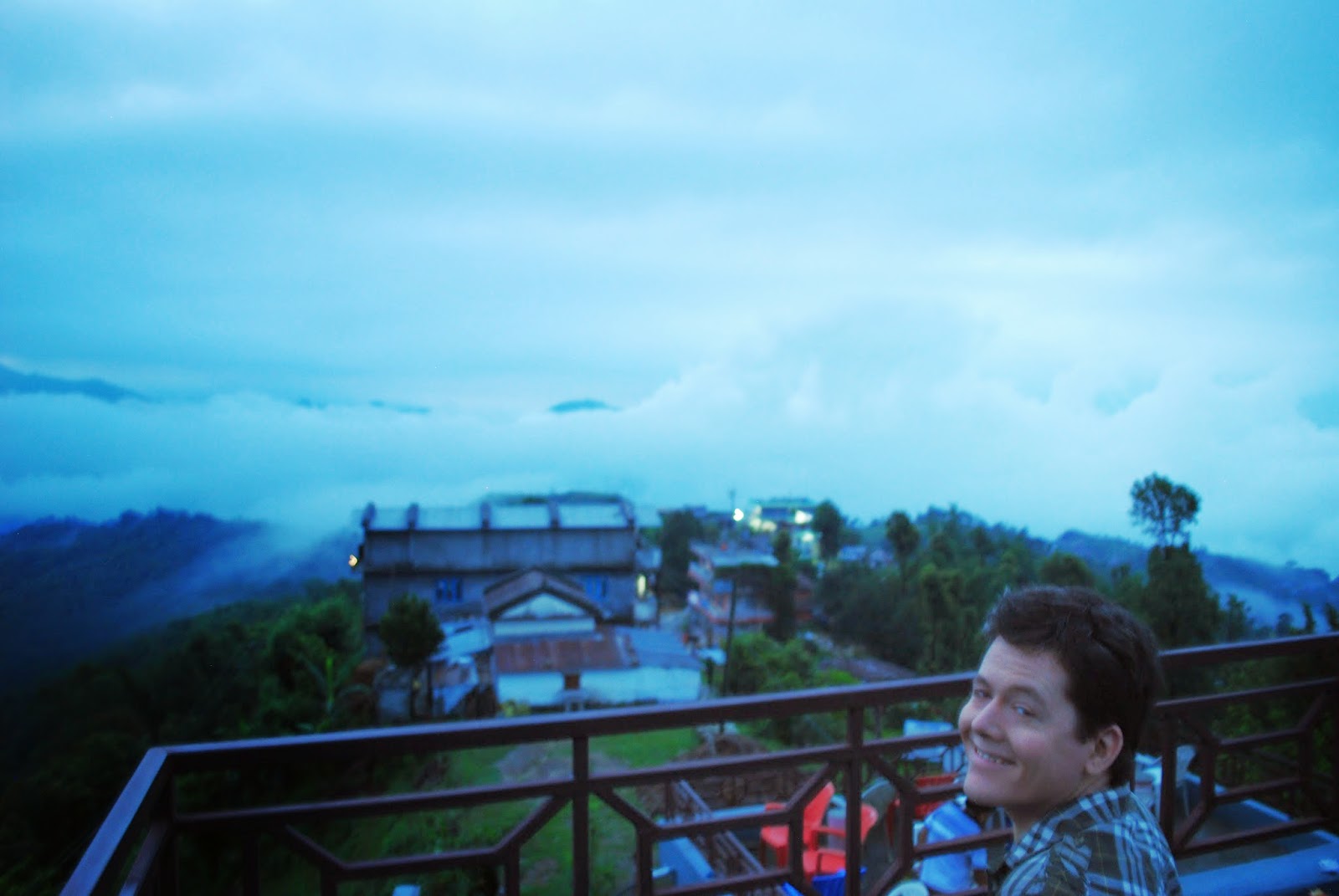Over the past few weeks, I've traveled out to the 'field' and have seen some beautiful parts of the country. I went to the capitals of two divisions and to a couple of remote villages.
A couple of weeks ago, the first place I traveled to was Paikgachha, an area very near to the Sundarbans in the very south of Bangladesh.
On the map, you can see how close the city of Khulna is, but it's actually about a 3-hour drive due to the poor road conditions. It's a long, tedious and bumpy road but the scenery is beautiful.
This is a beautiful old mosque that we saw along the way. As with many places in Bangladesh, it is just a natural part of the landscape and not anything that is otherwise protected or guarded.
I traveled to and from Khulna by seaplane, which is always a fun experience. We landed on the Rupsha river, just outside of Khulna city.
This last week I traveled to the field one last time before the holidays and had a chance to see Jessore, Khulna and Barisal as well as a small village near the border with India. First we flew from Dhaka to Jessore, then drove from Jessore to Khulna and again from Khulna to Barisal and then took an overnight ferry back to Dhaka.
I visited the villages of Bhojgati and Haridaskati. The first was a Muslim village and the second was a Hindu village.
The women in our program were learning about integrated pest management and natural ways to ward off pests using different types of plants. Chemicals have increasingly become commonplace even in homestead horticulture practices here, so the point is to show the women that such harmful substances are usually not necessary.
From Khulna we drove to Barisal, which was a beautiful drive, filled with green guava and palm trees and rice paddies. We took a ferry for part of our journey and arrived in a foggy Barisal.
After a productive day of meetings in Barisal, my colleague and I boarded the Kirtonkhola-2 overnight boat (here they are called 'launches') back to Dhaka. After a long week in the field, it was nice to be home. These are a few photos from the morning arrival in Dhaka.
A couple of weeks ago, the first place I traveled to was Paikgachha, an area very near to the Sundarbans in the very south of Bangladesh.
On the map, you can see how close the city of Khulna is, but it's actually about a 3-hour drive due to the poor road conditions. It's a long, tedious and bumpy road but the scenery is beautiful.
This is a beautiful old mosque that we saw along the way. As with many places in Bangladesh, it is just a natural part of the landscape and not anything that is otherwise protected or guarded.
I traveled to and from Khulna by seaplane, which is always a fun experience. We landed on the Rupsha river, just outside of Khulna city.
This last week I traveled to the field one last time before the holidays and had a chance to see Jessore, Khulna and Barisal as well as a small village near the border with India. First we flew from Dhaka to Jessore, then drove from Jessore to Khulna and again from Khulna to Barisal and then took an overnight ferry back to Dhaka.
I visited the villages of Bhojgati and Haridaskati. The first was a Muslim village and the second was a Hindu village.
The women in our program were learning about integrated pest management and natural ways to ward off pests using different types of plants. Chemicals have increasingly become commonplace even in homestead horticulture practices here, so the point is to show the women that such harmful substances are usually not necessary.
From Khulna we drove to Barisal, which was a beautiful drive, filled with green guava and palm trees and rice paddies. We took a ferry for part of our journey and arrived in a foggy Barisal.
After a productive day of meetings in Barisal, my colleague and I boarded the Kirtonkhola-2 overnight boat (here they are called 'launches') back to Dhaka. After a long week in the field, it was nice to be home. These are a few photos from the morning arrival in Dhaka.


















































